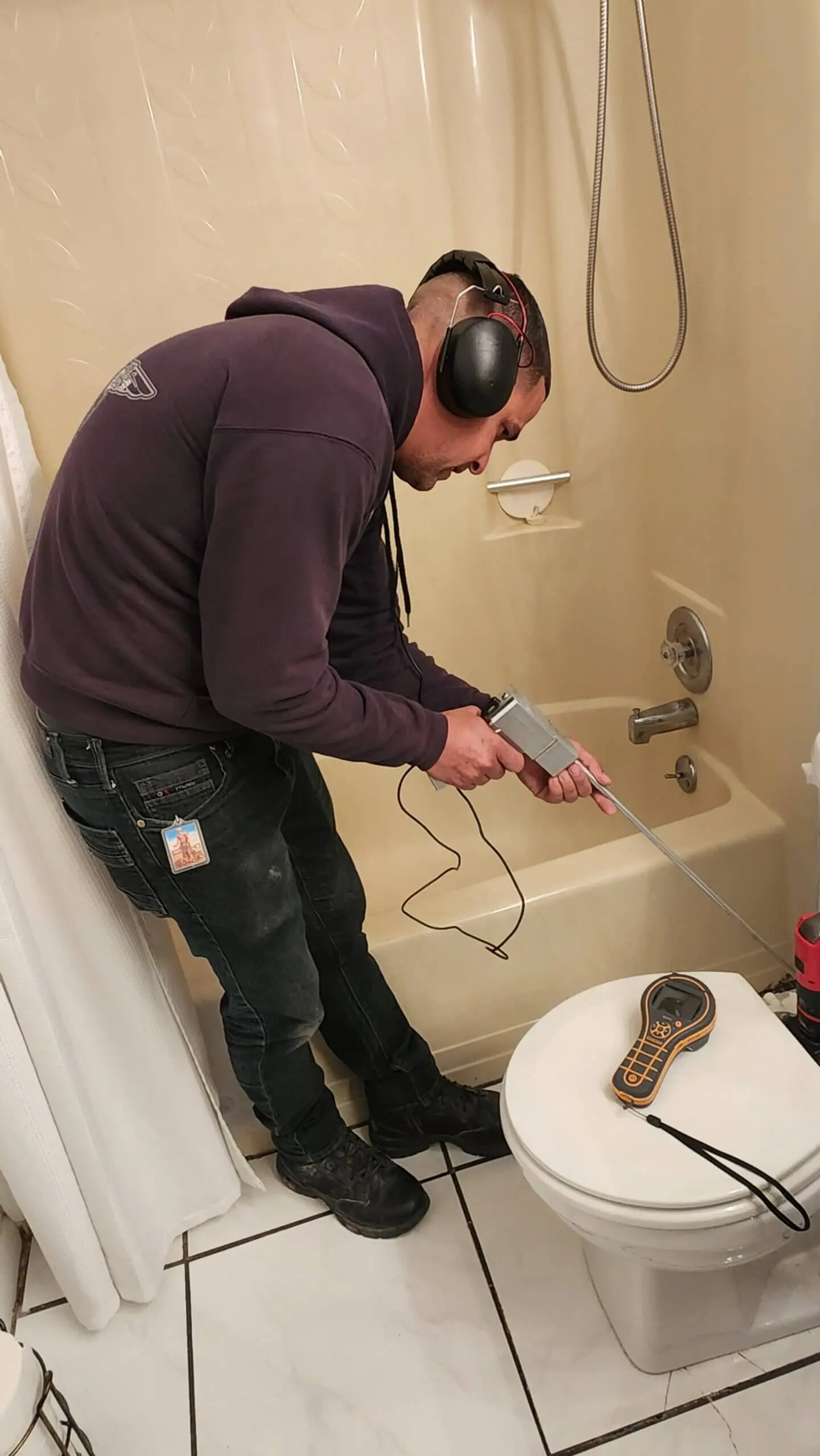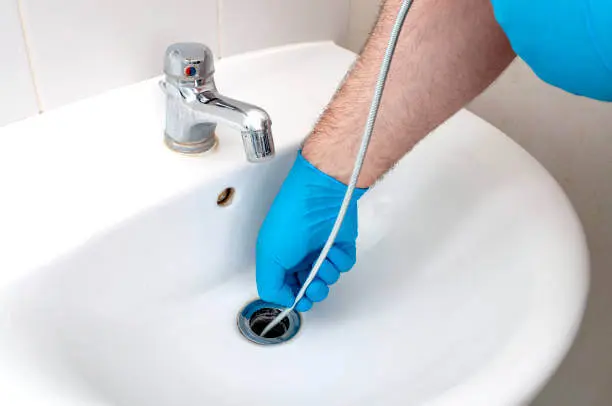What Is The Difference Between Mold Removal And Mold Remediation? Key Differences and How to Choose the Right Service
Introduction
Dealing with mold can be one of the most frustrating issues for homeowners and property managers alike. Mold isn't just an aesthetic problem; it can pose serious health risks and damage property over time. When you discover mold, two terms that often come up are "mold removal" and "mold remediation." While they might sound interchangeable, they're quite different in practice. Understanding these differences is crucial when you're deciding on a service or hiring a mold remediation company.
In this comprehensive guide, we’ll explore the nuances of mold removal versus mold remediation, discuss the key differences, and provide valuable insights on how to choose the right service for your needs.
Mold Removal vs. Mold Remediation: Key Differences
What is Mold Removal?
Mold removal refers to the process of physically removing mold from surfaces. This can involve scrubbing surfaces with chemicals designed to kill mold spores or using specialized equipment to vacuum up effective mold remediation services growths. However, simply removing visible mold does not guarantee that the problem is solved.
Methods of Mold Removal
What is Mold Remediation?
On the other hand, mold remediation encompasses a broader approach focused on both removal and prevention. It involves identifying the source of moisture that enables mold growth, addressing it effectively, and ensuring that all affected areas are treated properly.
Processes Involved in Mold Remediation
Why Does It Matter?
Understanding these differences can save you time, money, and effort down the line. Opting for just a basic mold removal might leave you susceptible to future infestations if underlying issues aren’t addressed.
When Should You Choose Mold Removal?
Scenarios for Choosing Mold Removal
- If there's minimal surface-level growth.
- When immediate action is needed without extensive analysis.
- For small DIY projects where professional help isn't necessary.
Pros and Cons of Mold Removal
| Pros | Cons | |----------------------------------------------|-------------------------------------------| | Quick resolution for minor infestations | Doesn’t address root cause | | Often less expensive than full remediation | May lead to future problems | | Simple methods available for DIY | Health risks persist if not done properly |
When Should You Choose Mold Remediation?
Scenarios for Choosing Mold Remediation
- If significant damage has occurred or there’s extensive growth.
- When health concerns arise due to prolonged exposure.
- If you want a long-term solution rather than a temporary fix.
Pros and Cons of Mold Remediation
| Pros | Cons | |-----------------------------------------------|------------------------------------------| | Comprehensive approach ensures long-term solutions | Typically more expensive than simple removal | | Addresses underlying causes | Time-consuming process | | Reduces health risks associated with mold | Requires professional expertise |
How to Choose the Right Service: Tips & Considerations
Assessing Your Needs: Are You Dealing with a Small or Large Infestation?
If you’re facing a small infestation (less than 10 square feet), DIY mold removal might suffice with proper precautions like wearing masks and gloves. For anything larger or concerning health risks, call in professionals from a reputable mold remediation company.
Researching Local Mold Remediation Companies
When searching for professionals, look for:
Questions to Ask Potential Companies
- What methods do you use for remediation?
- Are your technicians certified?
- Can you provide references?
Common Myths About Mold Removal vs. Mold Remediation
Myth 1: All Companies Offer Both Services
Not every company specializes in both areas; some may focus solely on one aspect.

Myth 2: Removing Visible Mold Solves Everything
Visible mold is just part of the problem; hidden spores can still thrive if moisture sources remain unaddressed.

FAQs about Mold Removal vs. Mold Remediation
1. What should I do first if I find mold in my home?
Seek professional help immediately if it's extensive; otherwise, assess if it's manageable as a small DIY project.
2. How long does the remediation process take?
It varies depending on severity—small jobs could take hours while extensive ones may take days or weeks.
3. Is mold always harmful?
Not all molds are toxic; however, many can cause allergies or respiratory issues in sensitive individuals.
4. Do I need to vacate my home during remediation?
In most cases involving significant infestations, it's advisable to stay away until completion due to potential exposure risks.
5. Will insurance cover remediation costs?
It depends on your policy; review it thoroughly or consult your provider for clarity on coverage options related to water damage and mold issues.

6. Can I prevent future mold growth?
Yes! Regular inspections, controlling humidity levels (ideally below 50%), ensuring proper ventilation, and addressing leaks promptly all contribute towards prevention.
Conclusion
Choosing between mold removal and mold remediation doesn’t have to be overwhelming if you understand what each entails and their respective importance in tackling your specific situation effectively—whether minor or severe! Always prioritize long-term solutions by considering expert advice from a licensed mold remediation company. With proper knowledge at hand, you're well-equipped to make informed choices that protect both your health and property integrity against pesky molds!
This article provides an exhaustive overview aimed at equipping readers with essential insights regarding Mold Removal vs. Mold Remediation: Key Differences and How to Choose the Right Service. By grasping these concepts clearly, you'll find yourself better prepared when facing such challenges head-on!